Treating and controlling Duck Weed in your lake & pond
How To Get Rid Of Duckweed
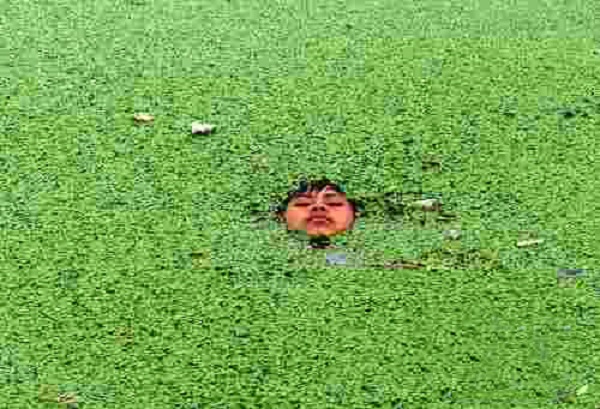
Duckweed is a very small floating aquatic plant that likes slow moving water and has the ability to multiply rapidly and can infest a pond or quiet bay of a lake in just a matter of days.
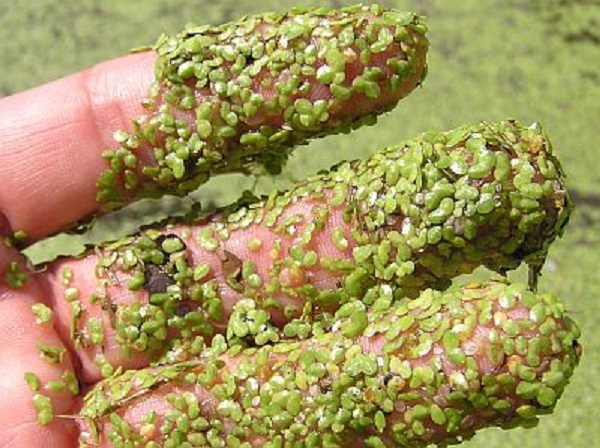
As duckweed spreads it can deprive your of water of oxygen, which will lead to the death of fish and beneficial algae in your lake or pond. It’s very important to get rid of duckweed as soon as possible for the health of your water and the existing aquatic life that live there. Along with the harmful effects brought on by duckweed it can also be a major nuisance for lake shore homeowners due its ability to turn an otherwise beautiful pond or lake area into an unsightly mess.
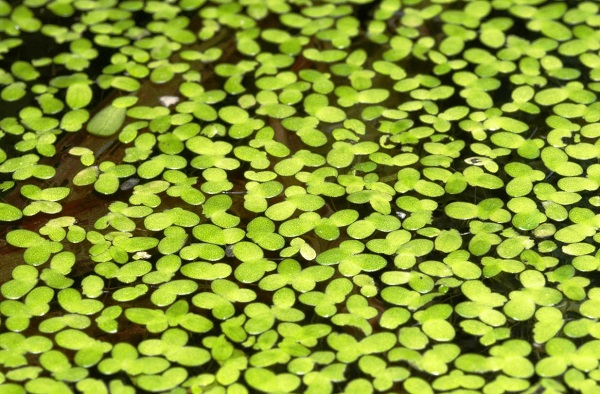
Duckweed Is A Floating Plant
Duckweed floats on the surface of the pond and is commonly mistaken for and treated as if it is algae. The problem with this is that algaecides have no effect on duckweed. Luckily, controlling duckweed in your pond or lake is very simple and easy to manage. We recommend using our Clipper Aquatic Weed Herbicide. It’s a specially formulated herbicide that’s designed to help control invasive aquatic weeds just like duckweed.
Duckweed is most commonly spread by birds flying between ponds with the tiny plants clinging to their feathers. Duckweed grows very fast, and given the proper nutrients, it’s possible for a new duckweed plant to be produced every 24 hours. At this pace, a single duckweed parent plant can produce over 17,000 plants in just two weeks.
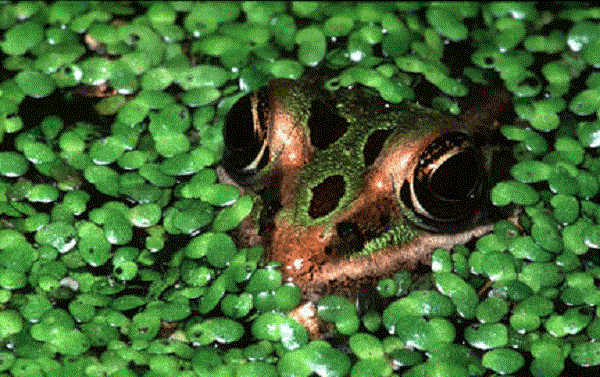
How Duckweed Affects Pond Water
Duckweed is found in nutrient rich ponds and undisturbed areas of lakes. Black, smelly muck is a primary source of food for duckweed. If you can control and get rid of the muck in your body of water you will help deter the growth of duckweed along with other aquatic plants that like to grow and need the mucky conditions in order to grow.
When you have extensive duckweed covering an entire pond or portions of a cove or bay of a lake, it will deplete the oxygen and block the sunlight. At this time, fish and desirable submerged plants can be killed off and will lead to an overall very poor health condition of your body of water.
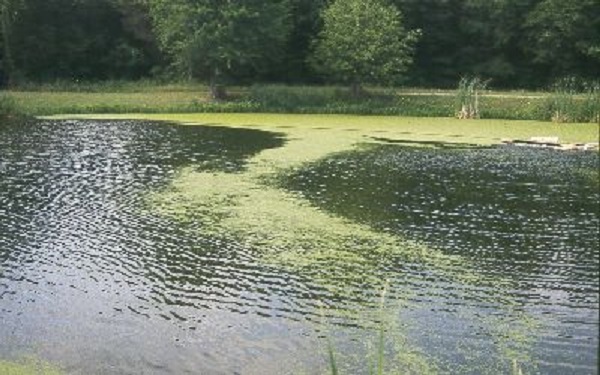
Manually Remove Duckweed
A great way to naturally get rid of duckweed on your lake or pond is to use our Lake & Pond Net Skimmer. Simply drag across the surface of the water to collect the floating duckweed.
Duckweed Natural Predators
Fish like goldfish and grass carp are natural predators that will feed on the duckweed population and reduce it at a fast rate. This method can be a great preventive way for duckweed control and can be used when the population is at a low level.
Duckweed Control Preventive Measures
The most effective and safest way of controlling duckweed is prevention. Natural ways of controlling duckweed in your lake or pond can eliminate the need for chemical treatments. Nutrient reduction products such as Muck Digester Pellets work wonderfully in eliminating the conditions necessary for aquatic plants such as duckweed to thrive. Check out Weeders Digest’s line of Aeration Products. Aeration that reaches the bottom of the pond can disrupt the cycle of sediment buildup which encourages conditions appropriate for duckweed growth. And, as mentioned above, Clipper Aquatic Weed Herbicide is a great duckweed killer.
Learning how to kill duckweed and preventing its buildup by using the tips above can keep your body of water clean & clear, and help maintain a good environment for aquatic fish and plants.
